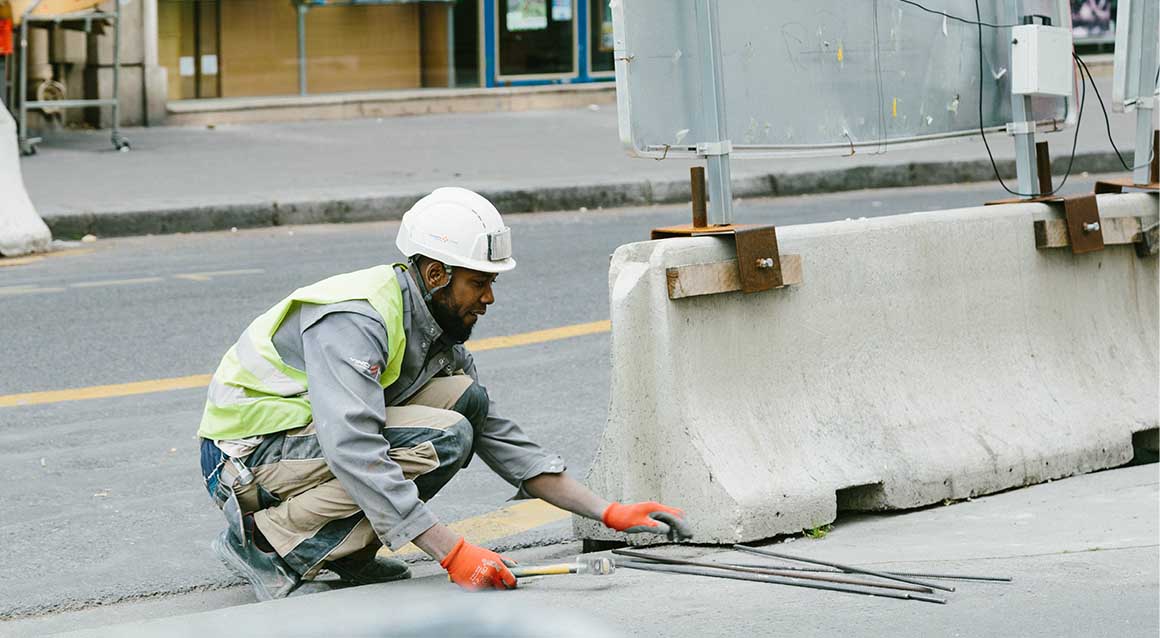
Road Constructions
Road construction, a dynamic and multifaceted endeavor, represents the arteries of transportation networks that connect communities, facilitate commerce, and propel economic development. From the initial planning stages to the laying of the final layer of asphalt, road construction is a complex orchestration of engineering, logistics, and environmental considerations, shaping the landscapes through which we navigate our daily lives.
The genesis of road construction lies in meticulous planning and surveying. Engineers and urban planners collaborate to analyze traffic patterns, assess terrain conditions, and evaluate the anticipated use of the road. This planning phase is a critical precursor to the successful execution of the project, laying the foundation for the alignment, grade, and design elements of the road.
Excavation marks the commencement of the physical road construction process. Earthmoving equipment, ranging from bulldozers to excavators, is employed to clear and prepare the terrain for the roadbed. This phase involves cutting through hills, filling low-lying areas, and creating a stable foundation that can withstand the stresses imposed by traffic loads and environmental conditions.
Subgrade preparation follows excavation, wherein the natural soil is compacted to provide a solid and stable base for the road. This is often complemented by the addition of aggregate materials to enhance the load-bearing capacity of the subgrade. Proper subgrade preparation is crucial to prevent settlement, cracking, and other issues that could compromise the structural integrity of the road.
The road construction process involves the careful layering of materials to create a durable and resilient structure. Subbase materials, such as crushed stone or gravel, are added and compacted to further enhance the roadbed's stability. Base courses, typically composed of aggregate and asphalt or concrete, form the primary load-bearing layer, providing the foundation for the final wearing surface.
Asphalt or concrete pavements, the visible and functional surface of the road, are the culmination of the construction process. The choice between asphalt and concrete depends on factors such as traffic volume, climate, and budget considerations. Asphalt, a flexible and cost-effective material, is often preferred for its ease of construction and maintenance. Concrete, with its durability and resistance to wear, is chosen for high-traffic and long-lasting applications.
The intricacies of road construction extend beyond the physical layers of pavement. Drainage considerations are integral to the design, with systems such as culverts, stormwater drains, and gutters implemented to manage water runoff and prevent erosion. Road markings, signage, and lighting are crucial for safety and navigation, ensuring that road users can traverse the infrastructure efficiently.
In the modern era, technology plays a pivotal role in enhancing the efficiency and precision of road construction. Advanced surveying equipment, GPS technology, and Building Information Modeling (BIM) contribute to accurate grading and alignment. Intelligent compaction equipment optimizes the compaction process, ensuring the uniform density of materials for a stable roadbed.
Environmental considerations are embedded in contemporary road construction practices. Sustainable materials, recycling of existing pavements, and erosion control measures are integrated into the construction process to minimize the ecological impact. Green technologies, such as permeable pavements that allow water infiltration, contribute to environmentally friendly and resilient road infrastructure.
The significance of road construction transcends the physical infrastructure; it is a catalyst for economic growth, social connectivity, and cultural exchange. Roads open up avenues for trade and commerce, enabling the efficient movement of goods and services. They connect communities, fostering regional integration and accessibility to education, healthcare, and employment opportunities.
In conclusion, road construction is a complex symphony of engineering, planning, and environmental stewardship. It is the thread that weaves together the fabric of modern society, connecting people, places, and possibilities. As technology continues to advance and sustainability takes center stage, the future of road construction will be characterized by innovation, efficiency, and a commitment to building infrastructure that stands the test of time.






